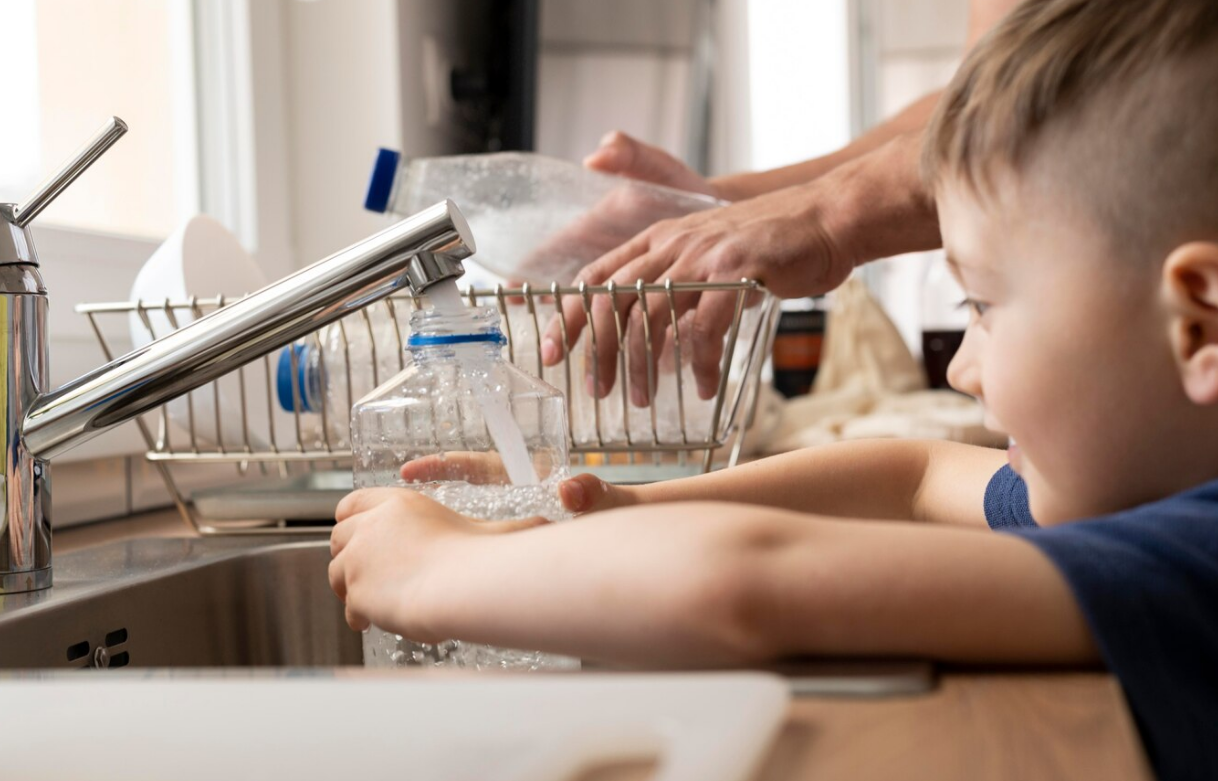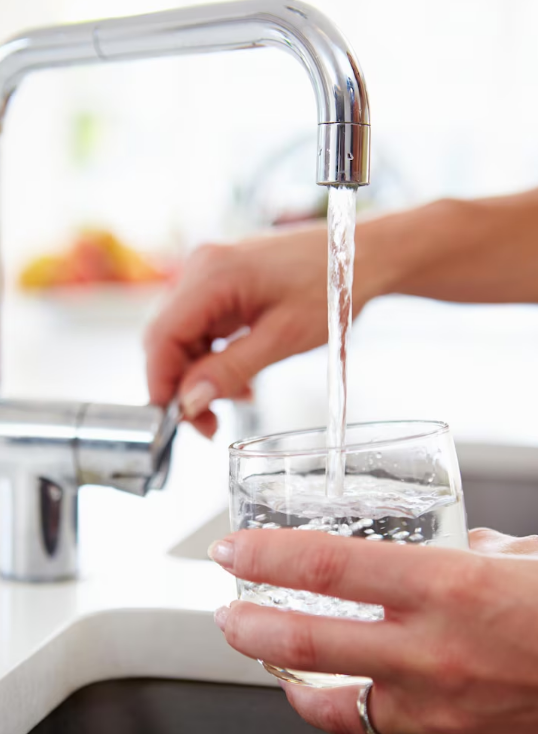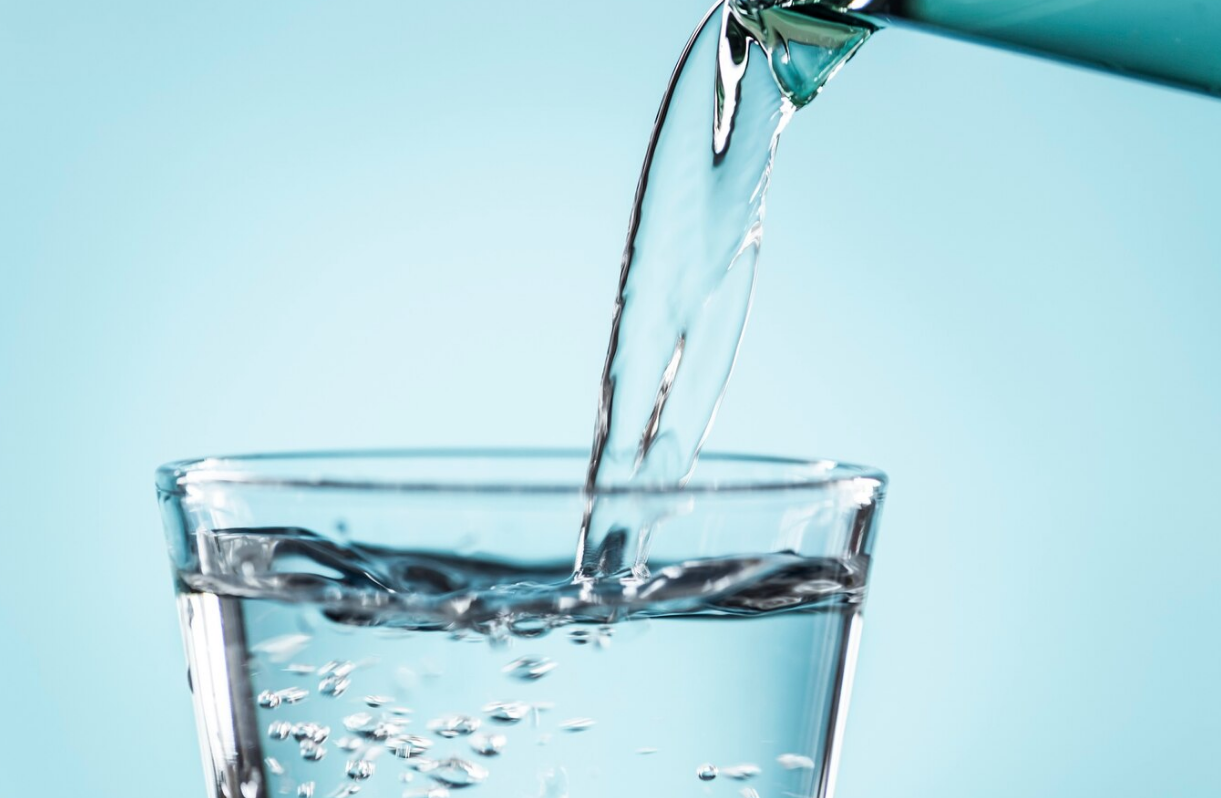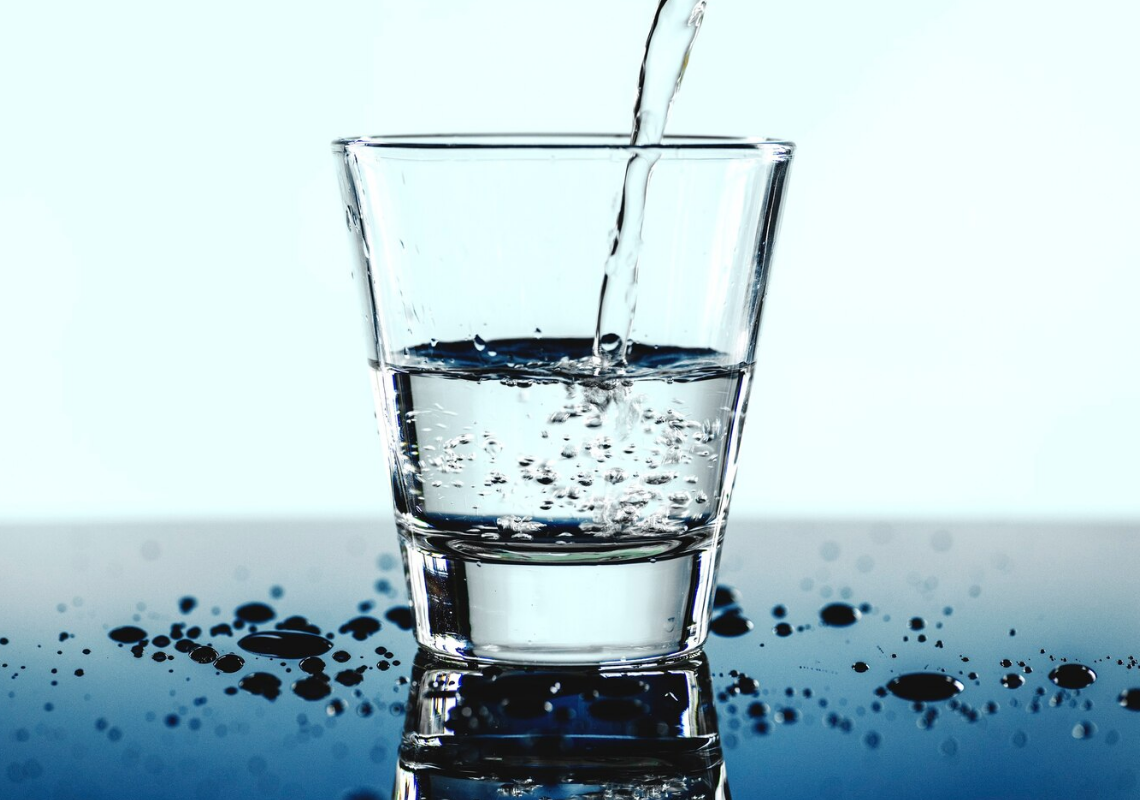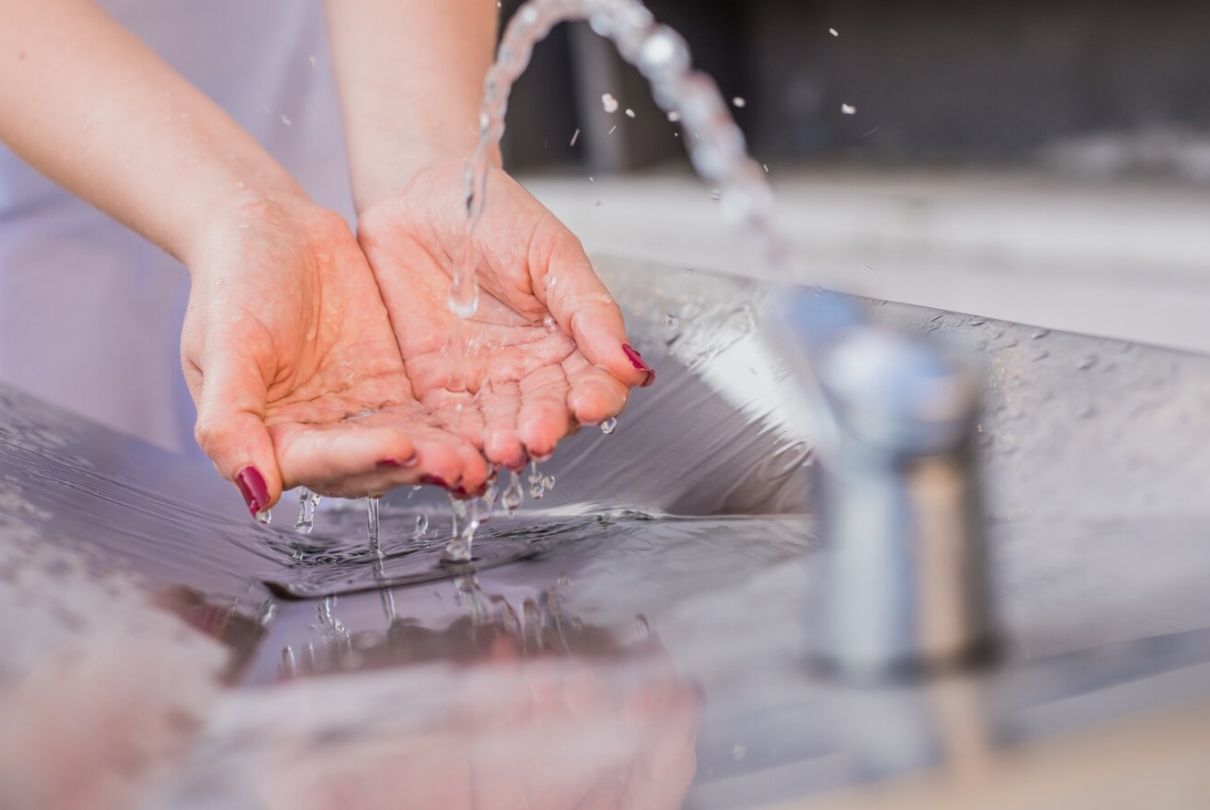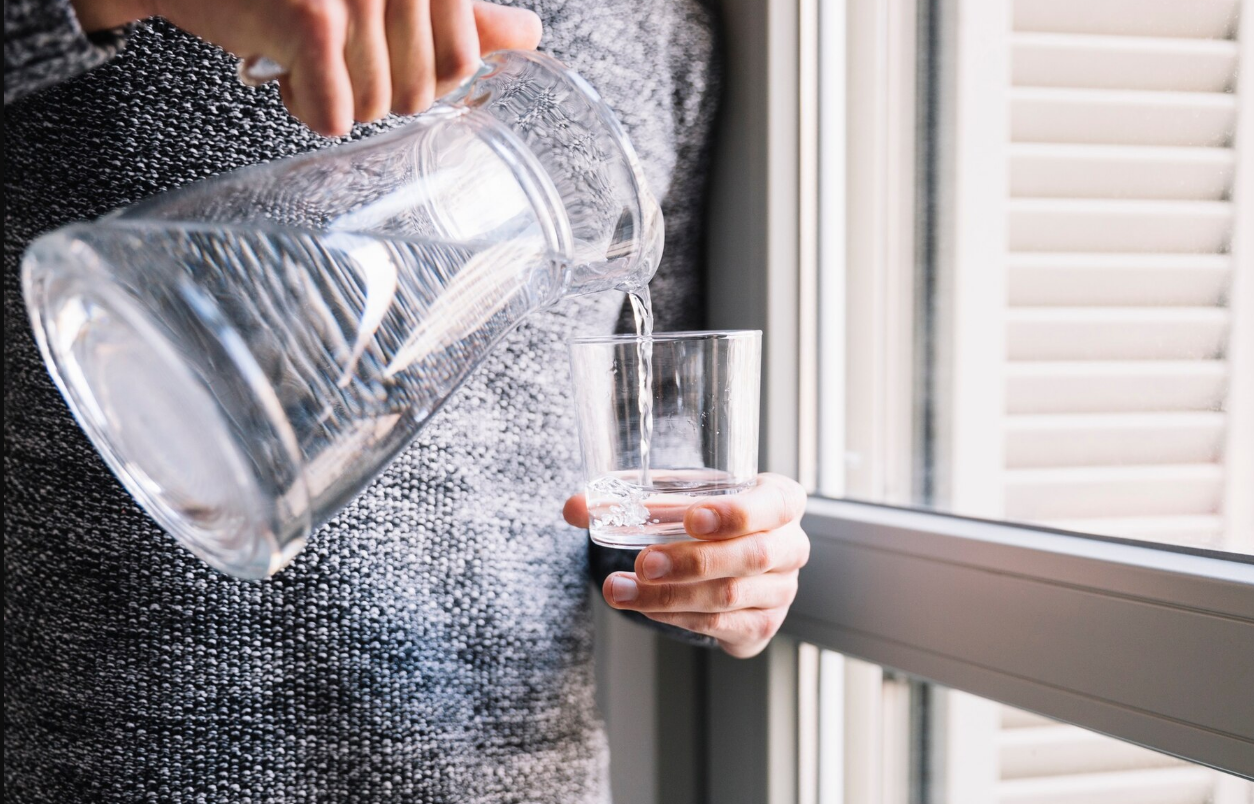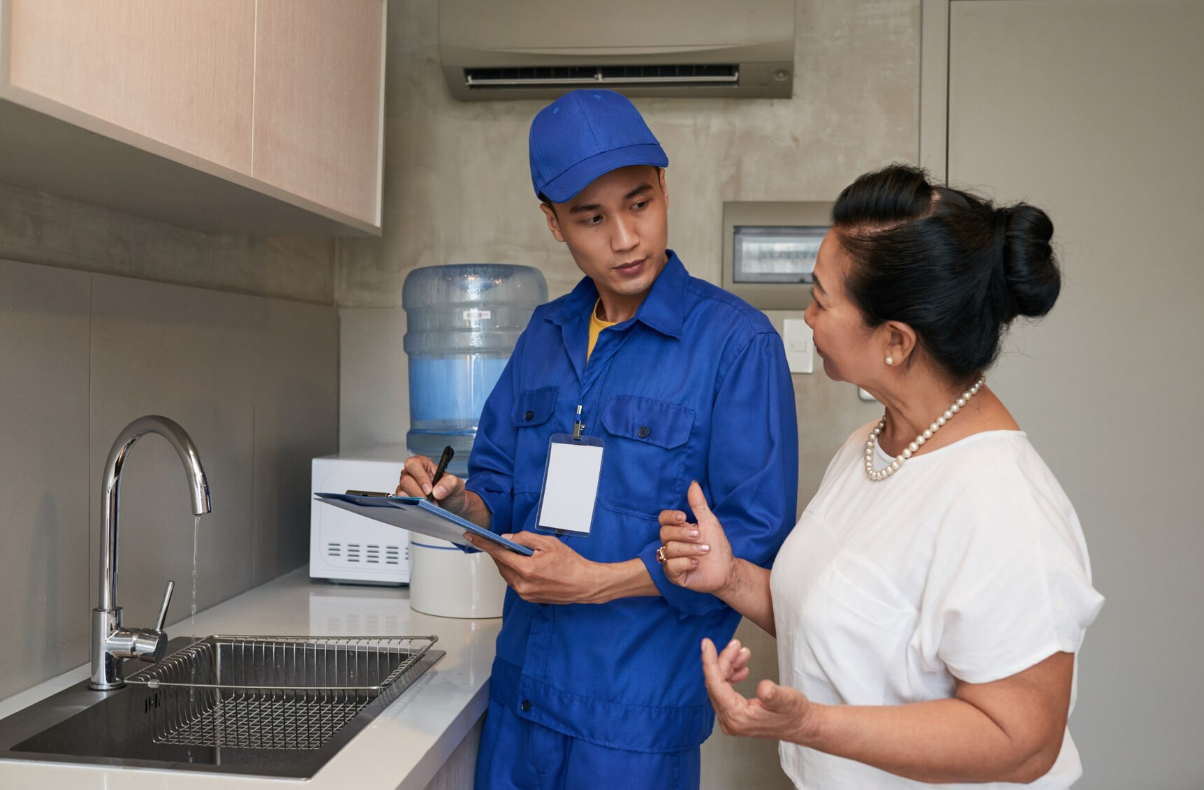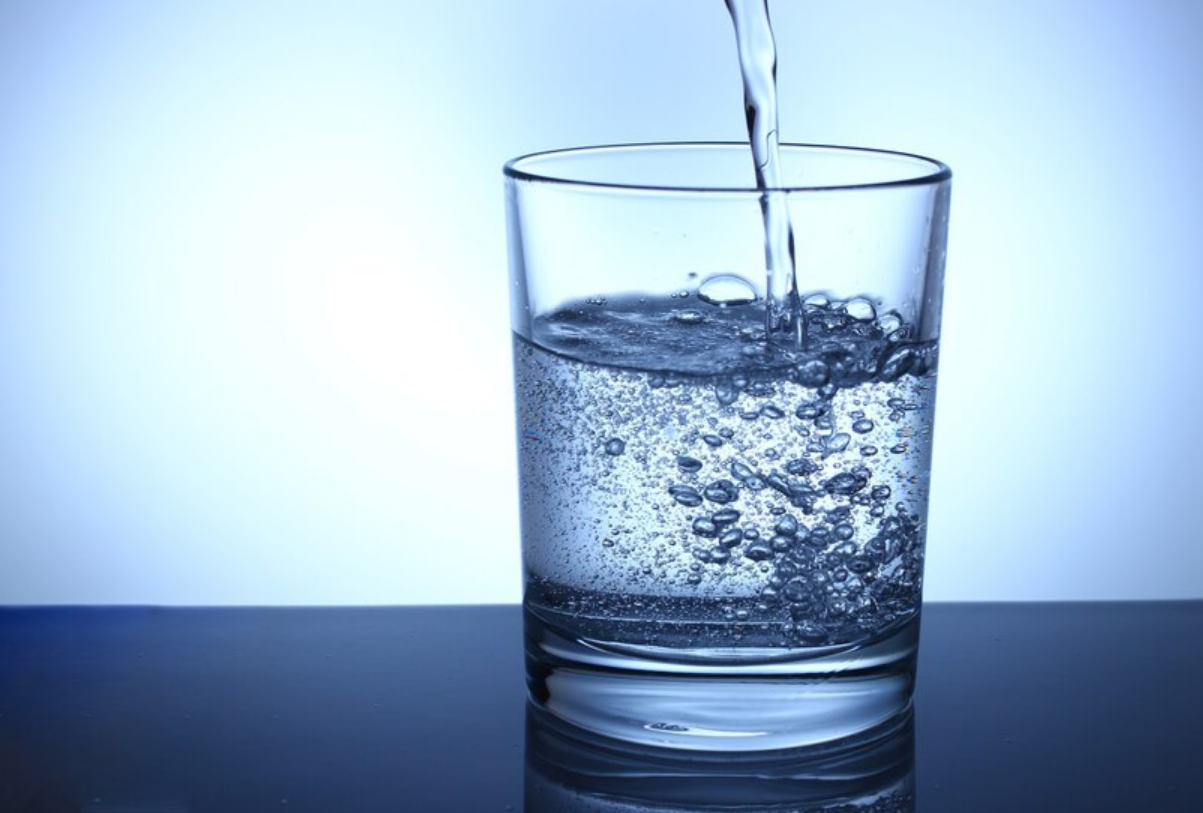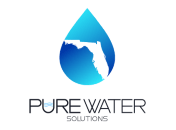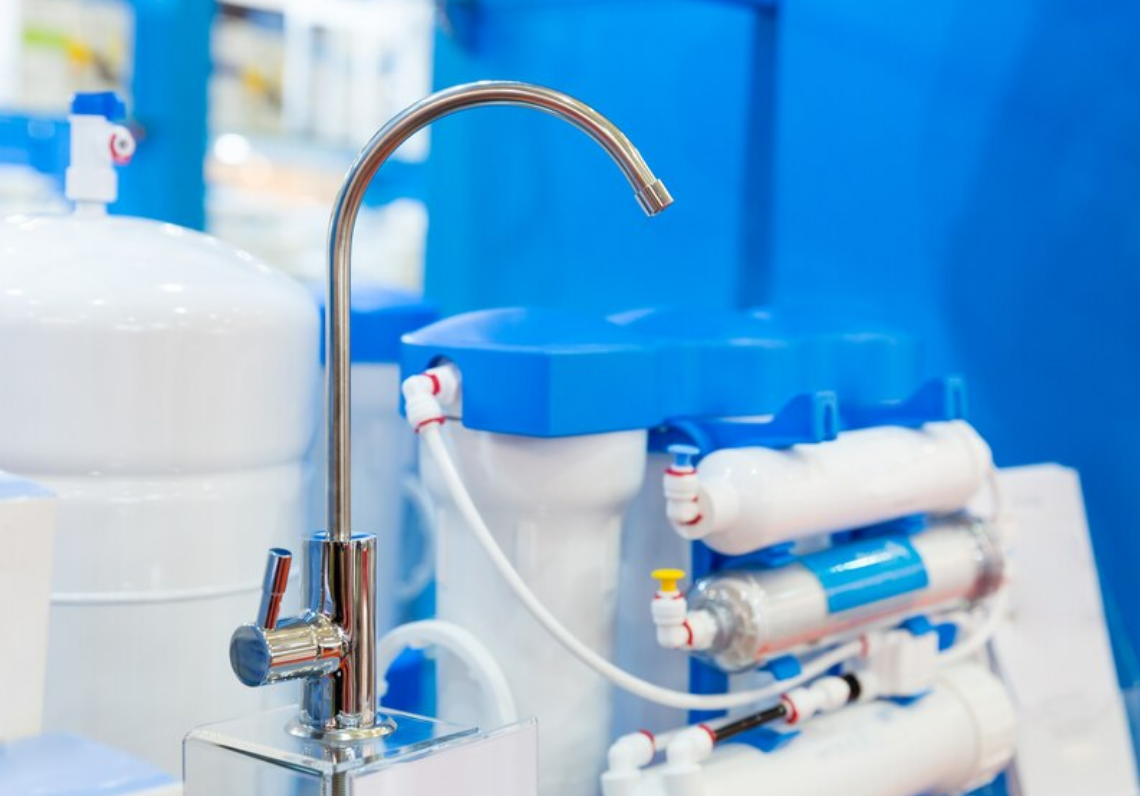How to Choose the Right Home Water Filtration System
How to Choose the Right Home Water Filtration System
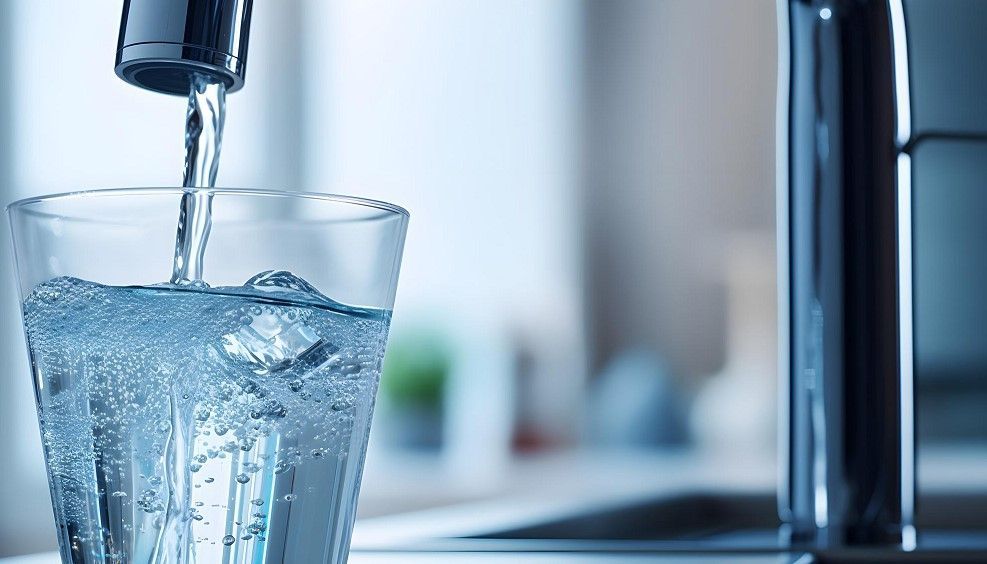
If you're concerned about the quality and safety of your home's drinking water, installing a home water filtration system can give you peace of mind. However, with so many different types and models on the market, it can be overwhelming to figure out which one is the best fit for your needs. This guide will walk you through key considerations for selecting the ideal home water filtration system.
Understand Your Water Quality
The first step is to identify what specific contaminants or issues you need to address with your water supply. Analyzing a water quality report from your municipal provider or having your water professionally tested can reveal things like:
- Hard water mineral content
- Chlorine or chloramine levels
- Presence of lead, iron, or other heavy metals
- Sediments or particulate matter
- Bacteria, viruses, or microorganisms
Knowing what's in your water will point you toward the right filtration technology. For example, activated carbon filters excel at removing chlorine tastes and odors but don't address hardness issues.
Types of Home Water Filters
Once you understand your water quality, you can start exploring different home water filtration methods and systems:
Activated Carbon Filters
One of the most affordable and common options, activated carbon filters use a porous surface to trap contaminants. They're great for improving taste and odor by removing chlorine, pesticides, and other organic compounds.
Reverse Osmosis Systems
reverse osmosis (RO) systems use semi-permeable membranes to separate impurities from water molecules, filtering out up to 99% of most contaminants. They're very effective and require more maintenance.
Ion Exchange / Water Softeners
Ion exchange units remove hard water minerals like calcium and magnesium through an ion swap process. Water softeners are ideal if you have scaling or buildup issues from mineral-rich well water.
Ultraviolet (UV) Purification
UV purification exposes water to UV light to kill viruses, bacteria, and microorganisms. It doesn't remove chemical contaminants though, so it's best paired with another filter.
Sizing the Water Filtration System
Larger families or homes will require more filtration capacity than smaller households. Many home water filter systems are rated based on the number of bathrooms to help you determine the size you need:
- 1-3 bathroom homes: May only need countertop, under-sink, or smaller capacity systems
- 4+ bathroom homes: Likely need a high-flow whole-house filter
If you have high water demand from a large family, jacuzzis, or other needs, you'll want to oversize to a higher capacity unit.
Installation Considerations
Where and how you want to install a home water filter can also impact your options:
Point-of-Use (POU) Filters
Pitcher, faucet mount, countertop, under-sink - these "POU" filters attach to a single location to filter water for drinking and cooking only.
Point-of-Entry (POE) Filters
Also called "whole-house" systems, these POE filters hook into your main water supply line to filter all household water from a single point of entry.
POU filters are simpler and less expensive but only filter water from one location. POE systems are more costly upfront but consistently filter all water in the home.
Don't Overlook Filter Certifications & Ratings
Not all filters are created equal - quality and performance can vary widely. Always look for certifications and ratings from groups like:
NSF International: This independent product testing group rates filters based on strict standards for safety and contaminant removal.
ANSI: Filters with these standards from the American National Standards Institute meet rigorous requirements.
WQA: The Water Quality Association puts its stamp of approval on filters that pass removal performance tests.
Filters with these certifications and verifications have been thoroughly vetted for quality assurance and effectiveness in treating specific water issues.
Consider Operating Costs
Up-front system pricing is only one part of the cost equation when it comes to home water filters. You'll also need to factor in:
Filter/cartridge replacements: Depending on your water quality and usage, these may need replacing every 6-12 months.
Installation: Some systems are DIY, while others require professional installation, adding to the expense.
Maintenance/service: More complex filters like reverse osmosis need periodic service and maintenance.
Those recurring operating expenses can add up, so look at long-term costs too. More affordable filters with pricier replacement cartridges may cost more over time.
Don't Compromise on Your Water Quality
Consistently clean, filtered water for your whole home is an important investment that pays off through improved health, safety, and peace of mind.
If you live in Florida and need recommendations on top-rated whole-home water filtration and purification systems, Florida Pure Water Solutions offers premium solutions tailored to your specific needs. Our experienced team can analyze your water quality and recommend the ideal customized system.
Ensuring your family's drinking water is free from an array of potential contaminants is crucial. Take the time to find the right home water filtration system that will provide safe, refreshing water for years to come.
